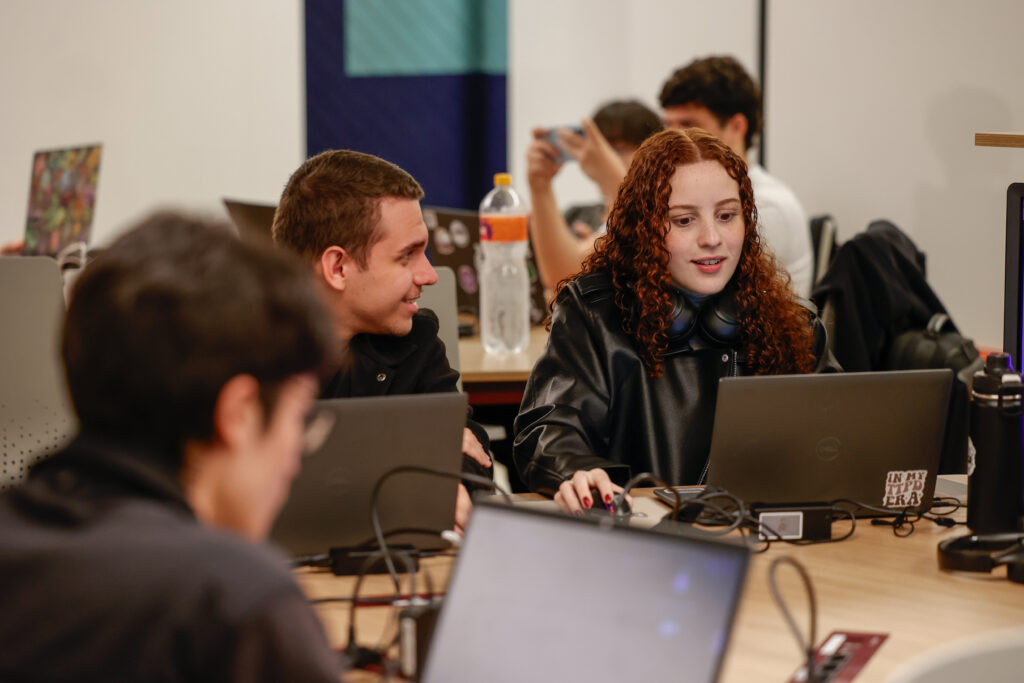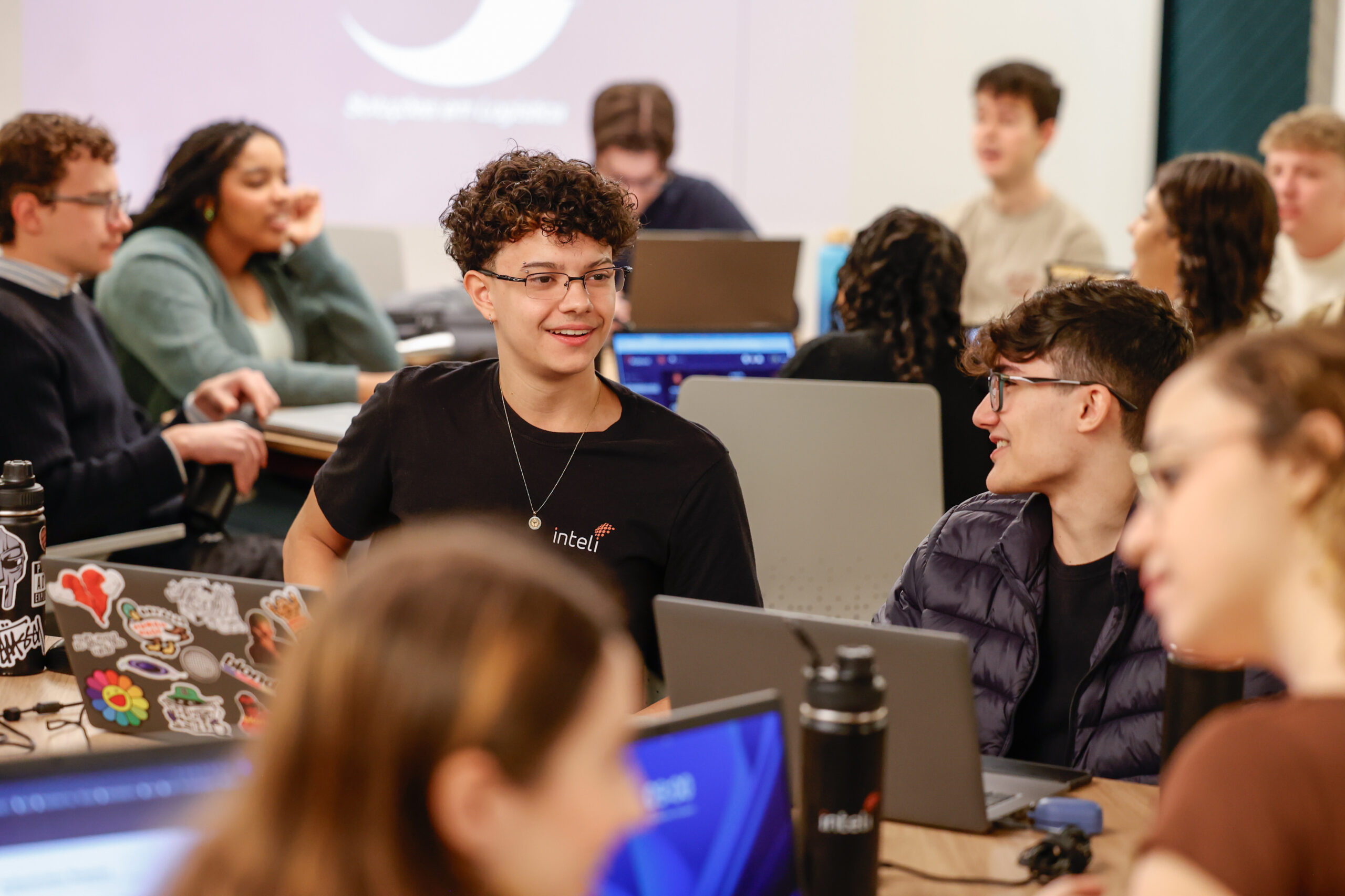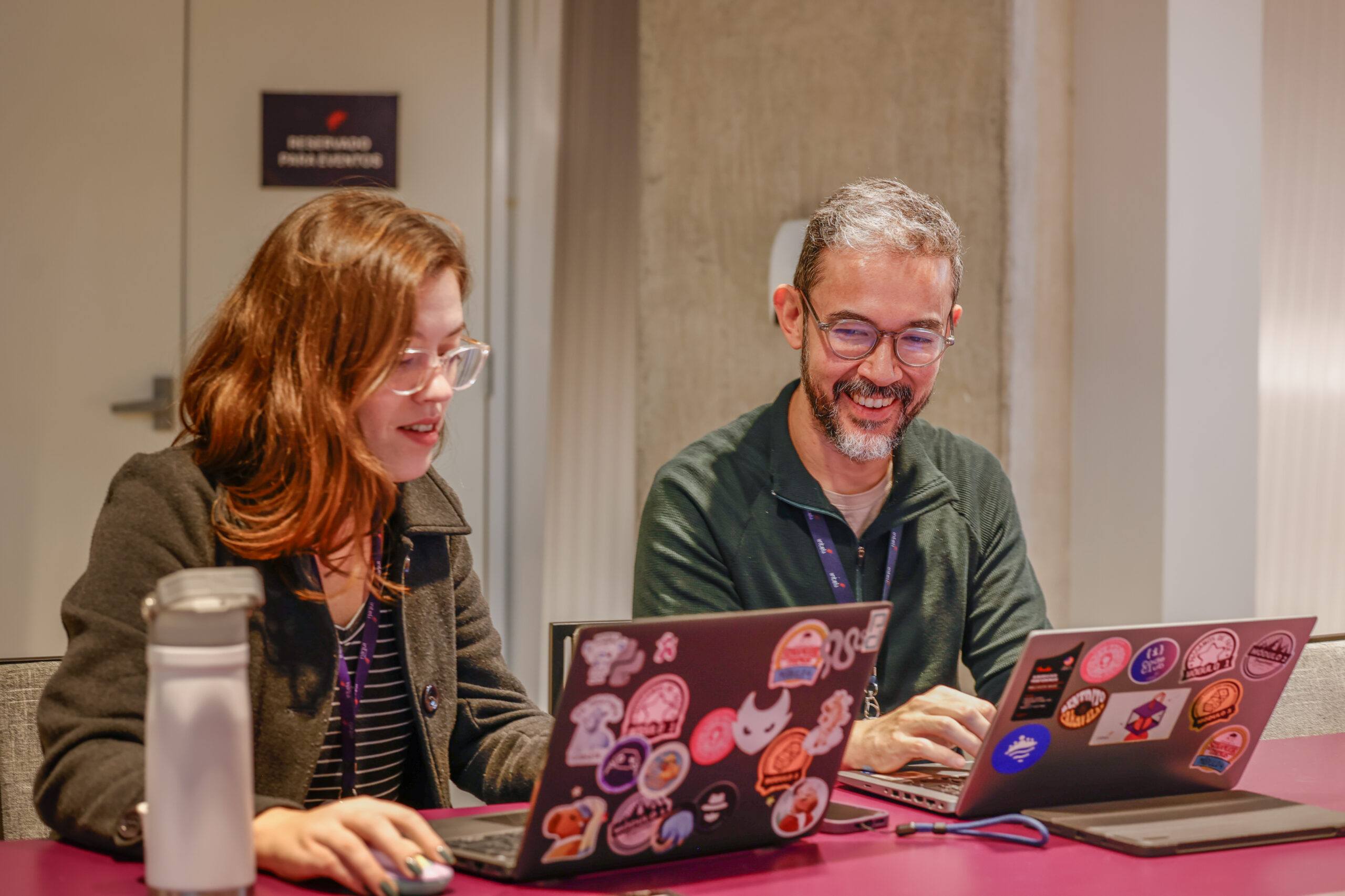Author: Elisangela Cabello - Psychopedagogue at CDL - Center for Development and Leadership
Entering higher education requires a radical transformation: from being a recipient of content, they need to become the protagonists of their own learning journey. Far from the traditional model, the modern university, exemplified by disruptive methodologies such as Inteli, demands autonomy, complex thinking and a high capacity for self-regulation.
It is in this scenario of intense cognitive and emotional demand that the Psychopedagogical Support Center (NAP) takes on a strategic and indispensable role.
The Context of Learning in the Adult-Learner
Psychopedagogy, traditionally focused on the initial levels, finds a complex and essential field of action in Higher Education, focused on the adult-learner. The challenges here are multifactorial:
1. Formal Reasoning and Cognitive Complexity
Although university students should already have reached the stage of formal operations (PIAGET), academia requires them to go further: complex thinking and the capacity for transdisciplinarity. Learning difficulties often lie in the inability to articulate knowledge, to think hypothetically and to apply abstract theories in practical contexts.
2. Metacognition and the Affective Factor
The autonomy required exposes gaps in metacognition (learning how to learn). In addition, the desire to learn and the image of oneself as a learner (FERNÁNDEZ) are crucial affective-emotional factors. Performance anxiety, pressure for results and lack of time management are major barriers to effective learning. The affective dimension (BOSSA) is just as vital as the cognitive one.
The Connection with the Active Methodology Model (Inteli)

Inteli's model, based on Project-Based Learning (PBL), perfectly illustrates the urgent need for psycho-pedagogical support.
Inteli's methodology organizes learning into 10-week metaprojects, where students develop real solutions and prototypes for market partners. There are no isolated disciplines; there is a transdisciplinary challenge that demands:
| Methodology component | Student Challenge | Where NAP intervenes |
| Meta-projects (PBL) | Requirement to apply transdisciplinary knowledge and critical thinking under pressure. | Cognitive Mediation: Support for the articulation of knowledge, the structuring of complexity and the organization of logical-formal reasoning. |
| Protagonism/Self-study | Autonomous Learning Backlog Management (LBL), discipline and self-regulation. | Metacognition: Workshops on study strategies, time management and productivity techniques. |
| Group Work and Leadership | Conflict resolution, interpersonal communication and the development of socio-emotional skills. | Emotional/Psychological Welcome: Support for anxiety, interpersonal conflicts and the development of leadership and collaboration skills. |
The Strategic Role of the NAP in the University Context
The NAP, anchored in Institutional Psychopedagogy (GOULART), acts in a preventive and developmental manner to ensure that students can thrive in a highly demanding environment:
- Direct Student Support: Mediates learning, providing tools for students to learn how to learn effectively, dealing with academic anxiety and strengthening their self-esteem as learners.
- Teaching Advice: Works with teachers, helping them to reflect on and incorporate active teaching practices and to understand the different ways in which adults learn, contributing to institutional improvement.
- Promoting Inclusion: Ensures that students with specific educational needs receive the necessary adaptations and resources to fully participate in the active methodology.
By supporting students in their adaptation, cognitive development and emotional balance, the NAP not only combats failure, but becomes a facilitator for the institution to achieve its goal: to train autonomous professionals who are leaders and able to solve complex problems.
Learning is a construction: our role at NAP is to ensure that all the pillars are in place to support the rigor of the modern university.




